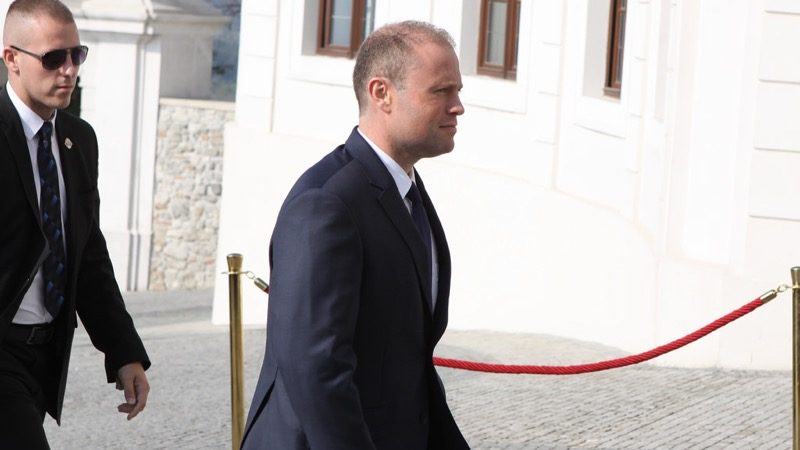The German language has a wonderful word to describe the subtle pleasure we take from seeing others’ misfortune: schadenfreude. You feel schadenfreude when a stranger’s ice-cream falls onto the pavement right after paying for it, for instance.
Probably the biggest reason Daphne Caruana Galizia was so vehemently criticised posthumously was due to her knack for political gossip. If there’s one thing she was good at, Daphne could put public figures on the spot for their misbehaviour, exposing links of corruption and nepotism. Her readers kept coming back for that feeling of schadenfreude induced by her reporting.
But it did not undermine her calibre as an investigative journalist. Her reporting on corruption and bad governance should have been actioned, not just spoken about. The distinction is important.
Who minister Don Juan was banging in Paceville nightclubs in the middle of the night on weekdays might have been some engaging drama to read on a Wednesday afternoon. Digesting the news of money laundering, forgery, and murder in the same way as one would ministerial misbehaviour is grossly irresponsible.
Previously, most missed the point. When wrongdoing was reported, an obvious denial was issued, and the story stopped there. The fundamental principle of accountability was disregarded. At best, a libel suit is filed that drags on for so long, nobody bats an eyelid anymore.
The political checks and balances have failed to the point where the Constitution itself was put into question. The political doctrine of ministerial responsibility means that Ministers should resign to allow for a fair investigation when wrongdoing is suspected. Obviously, this seems to have been altogether dumped by Malta.
Relying on the law to deal with political issues is not enough. It presumes that there is a separation between the political and legal spheres, when this is not the case. Instead, both should coordinate between themselves to ensure good governance and the proper adherence to the rule of law.
If there was some schadenfreude to be had reading the occasional gossip from Running Commentary, that should have rapidly dissipated. First of all, Daphne was assassinated. Secondly, the allegations of corruption have become so serious that they are pushing our democracy to its limits.
Instead of shouldering political responsibility, our leaders are taking control over truth and polarising the nation to extremes.
We are feeling the repercussions in a nation that has seldom been so polarised, divided, and angry. Serious evidence has come to light through damning reports published by the most reputable news organisations globally. Yet the government doesn’t even shudder.
There’s nothing amusing in seeing evidence of forged documentation to hide money laundering practices. It’s hardly ra laughing matter to hear about $40m being given to the Azeri dictatorship yearly straight from the taxpayer.
It isn’t very entertaining to see the police act on relative trivialities when they fail to do their job in the face of incriminating evidence on politically exposed persons. And a dead cat thrown outside an MPs home isn’t funny.
It is of grave concern when the Prime Minister does an Erdogan and calls for a show of support for him as an answer to institutionalised corruption.
There is no pleasure to be had from seeing Malta’s name being dragged through the mud.
Malta’s fall toward a pariah state should be addressed by those whose responsibility it is to address it.
The Maltese language has a wonderful idiom: Il-ftira sħuna tajba. If Caesar’s wife ought to remain above suspicion, then the faintest flicker of suspicion that may arise must be extinguished.
The Prime Minister’s reluctance to do so justifiably opens the floodgates of criticism and protests. The latter is a warranted reaction in a democratic society to hold elected representatives to account for not performing their public duty.
We all have a responsibility following Daphne’s assassination. We read her stories and enjoyed our daily dose of schadenfreude. Today, we’ve seen the fruit of our silence and our reluctance to stand up to be counted.
The values of democracy, justice and truth are under fire. It is civil society’s responsibility to reaffirm them – our individual responsibility.













